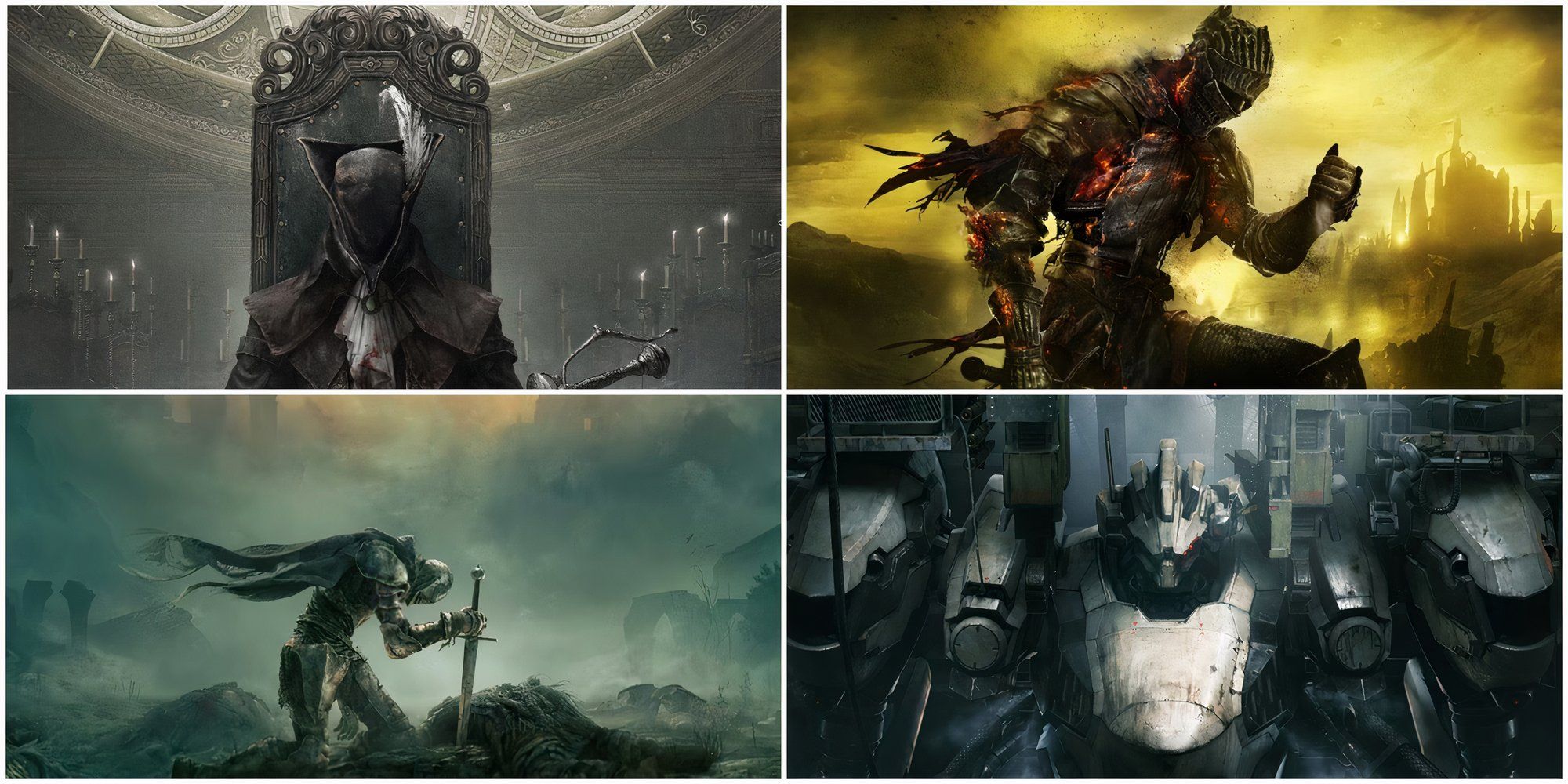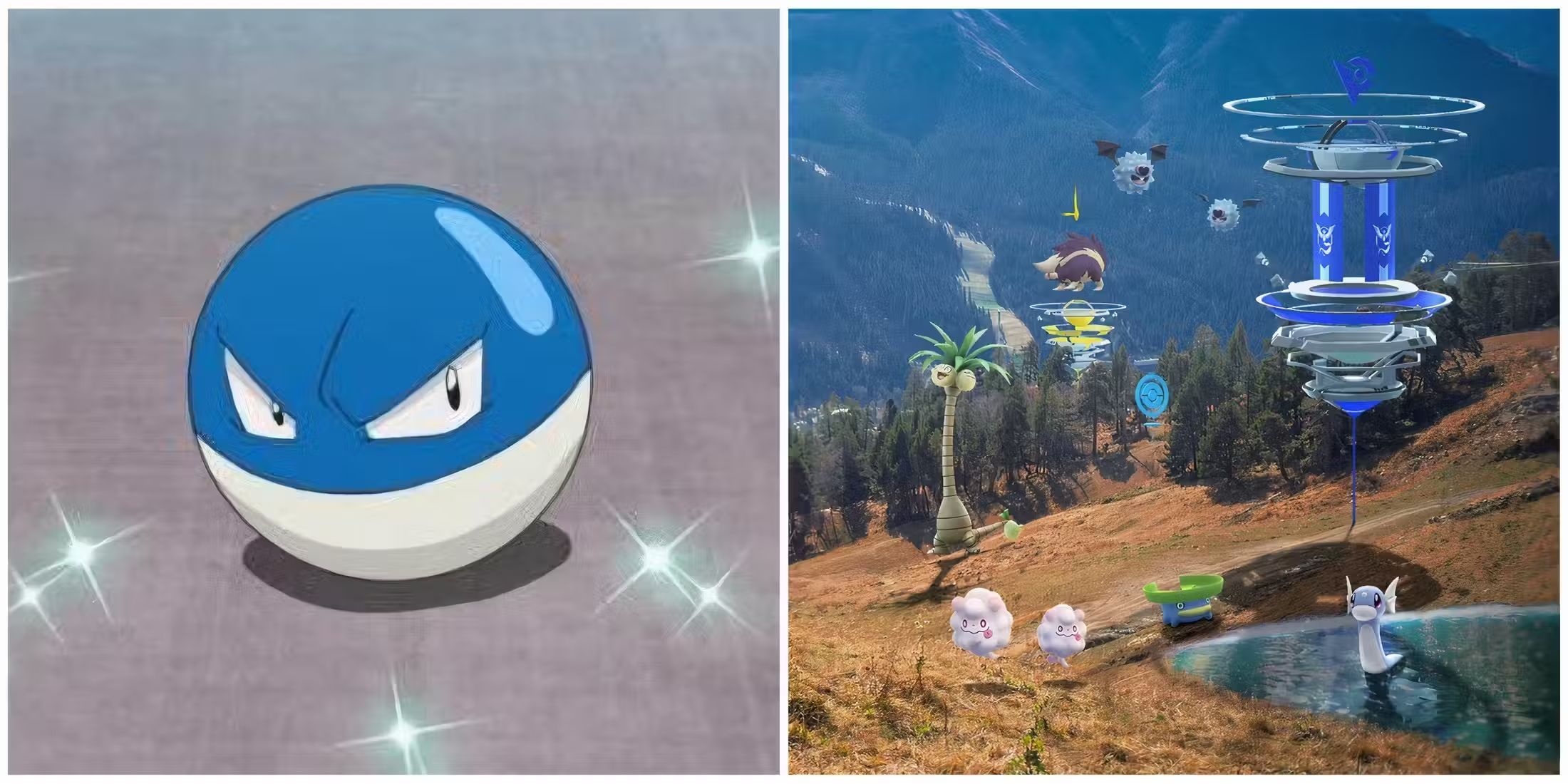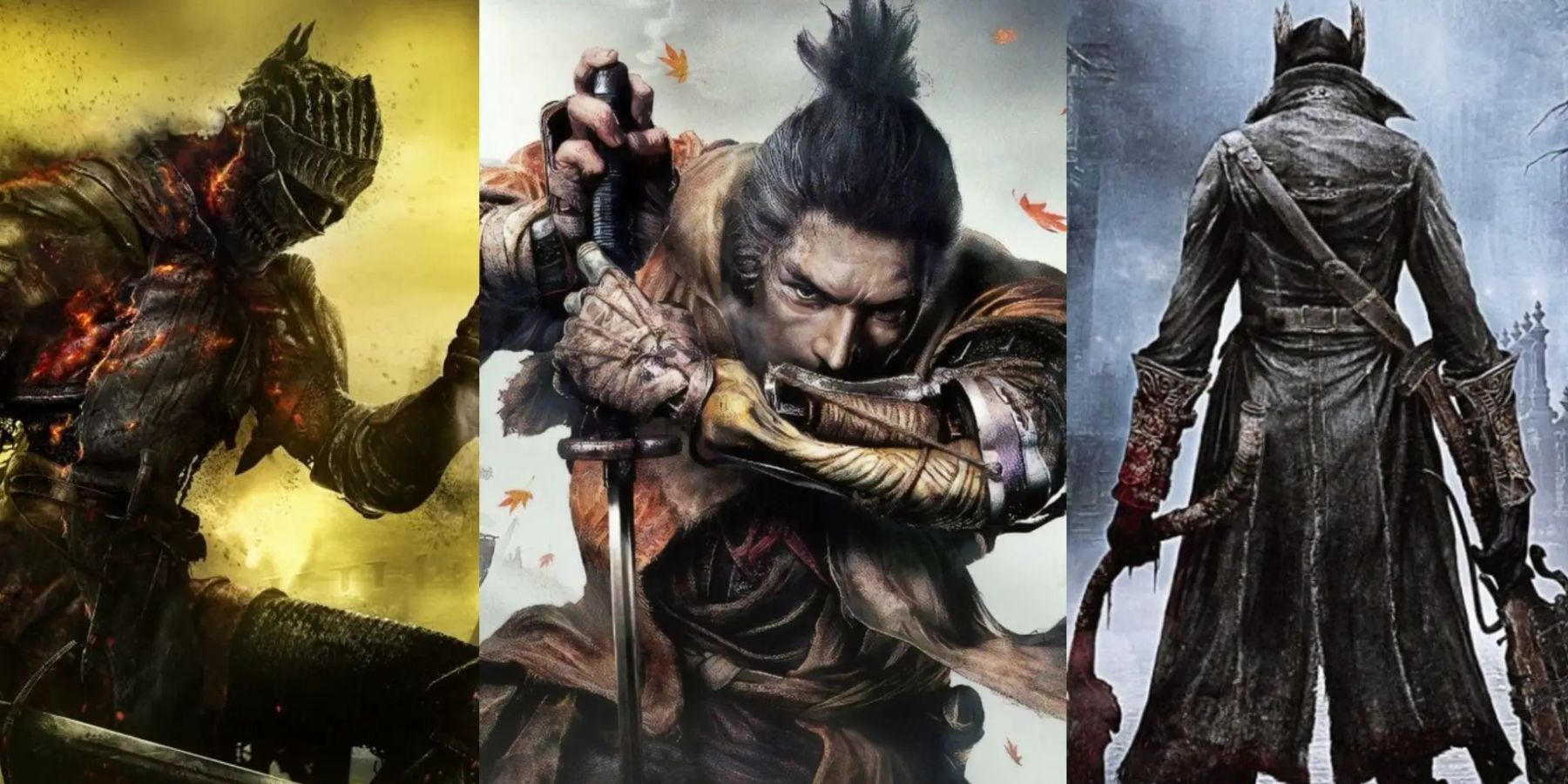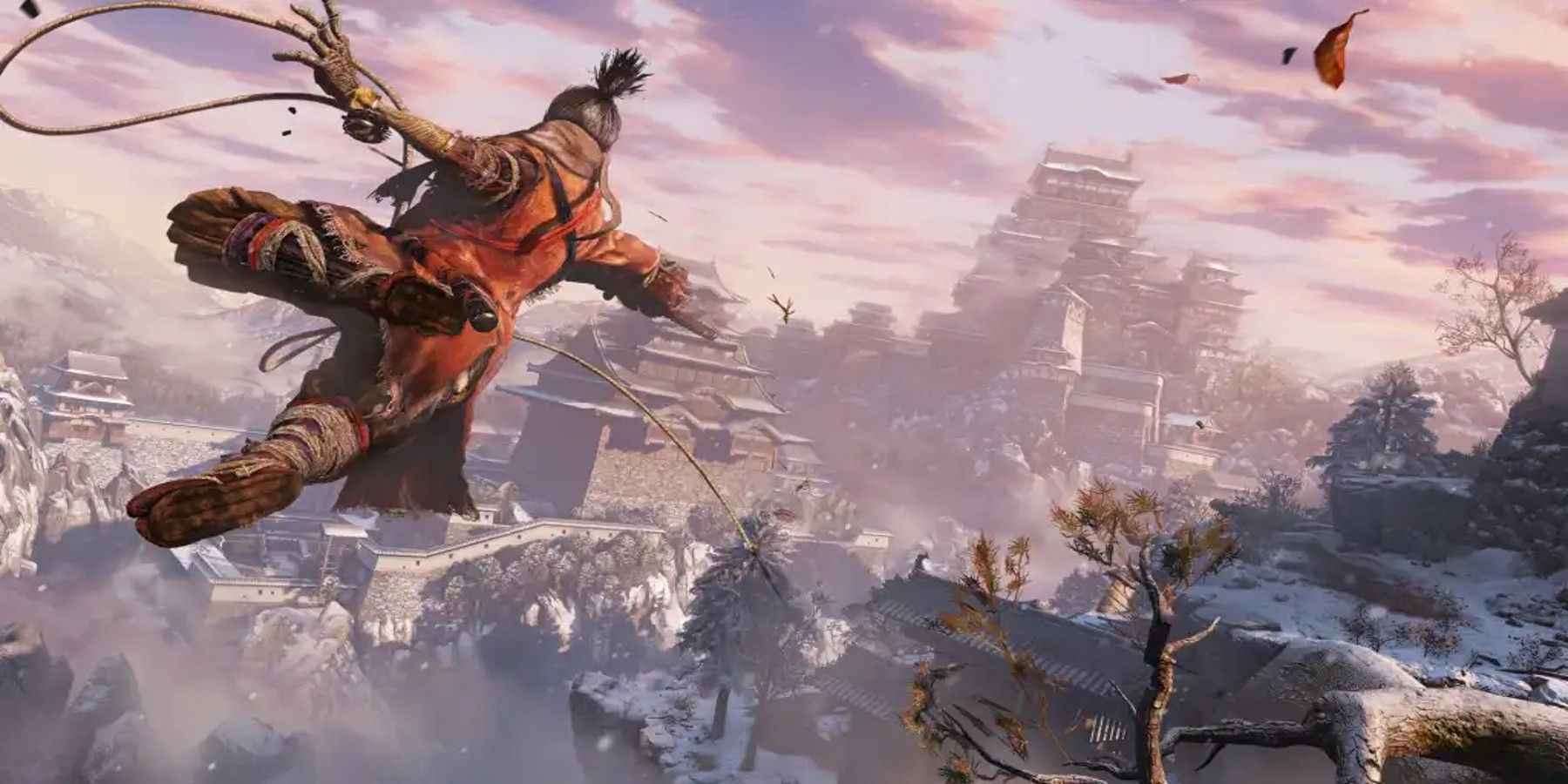Highlights
- FromSoftware's rise to fame can be attributed to the success of the Dark Souls series, which brought worldwide acclaim to the Japanese developer.
- The Dark Souls games are highly regarded, but it is actually the developer's outliers, Bloodborne and Sekiro: Shadows Die Twice, that can be considered their best games.
- Bloodborne and Sekiro stand out due to their unique traits and gameplay tweaks, making them some of FromSoftware's most beloved titles. Both titles show the benefits of taking risks and trying new things.
Despite being in the games industry for almost three decades, FromSoftware has only risen to its lofty heights in the last decade or so, and it's all thanks to the release of a little game called Dark Souls. Though FromSoftware made a splash back in 1994 with King's Field, had a few solid PS2 launch games, and its Armored Core series is very popular, it was Demon's Souls and the subsequent Dark Souls series that really brought worldwide fame and acclaim to the Japanese developer.
Launching in 2011, the first Dark Souls took the punishing yet fair gameplay of its predecessor and refined it into a near-perfect action-RPG experience. After an initial wave of critical buzz, Dark Souls began getting a greater audience, and by the time FromSoftware was wrapping up the series with Dark Souls 3 back in 2016, it had became one of the most renowned action-RPG developers in the market - something that's only become more true with the release of last year's Elden Ring. But while the Dark Souls games are all great experiences, it's actually FromSoftware's Souls outliers that are often considered the developer's best outings.
FromSoftware's Best Received Games Are Those a Little Different From the Norm
It really can't be overstated just how excellent the first Dark Souls is, and how influential it was at the time. Though casual audiences took a while to get on board with the franchise, Dark Souls quickly gained an avid fan-base, and that fan-base would only continue to grow with each new FromSoftware entry. By the time Dark Souls 3 released in 2016, the series had birthed a whole new genre of copycat games dubbed Soulslikes. The birth of a new video game genre is extremely rare nowadays, and it's only the most influential, acclaimed series that manage such an impressive feat, with Dark Souls being one such series.
That being said, while every Dark Souls entry is considered a masterpiece, the best received FromSoftware Souls titles have actually been the two entries that aren't a part of that core series, Bloodborne and Sekiro: Shadows Die Twice. Though they both certainly belong to FromSoftware's own Soulslike series - often dubbed Soulsborne - they both stand out for a slew of different reasons, and in standing out, both games have become some of FromSoftware's best-reviewed, most beloved titles.
Releasing in 2015, Bloodborne came out in between Dark Souls 2 and Dark Souls 3, and ironically that put it in the best position imaginable. While coming in between two entries of FromSoftware's flagship series would normally be a death sentence, this actually let Bloodborne shine even brighter, with its own unique traits setting it apart in the best way. With a more aggressive combat system, a unique Lovecraftian setting and aesthetic, and more of an emphasis on cosmic horror, Bloodborne took the usual Souls formula and tweaked it to perfection, creating an entry that's still widely considered to be one of FromSoftware's best games, even in light of Elden Ring.
Sekiro: Shadows Die Twice has a similar story. Launching in 2019, Sekiro was the first FromSoftware game since the end of the Dark Souls trilogy, and fan expectations were extremely high. Rather than deliver the same formula yet again, FromSoftware made the best decision possible, pivoting Sekiro's gameplay to something familiar but entirely new. Overhauled combat, a stronger emphasis on story, and some of the most engaging boss battles in gaming - Sekiro was exactly what fans needed at the time, and its unique gameplay still holds up just as well four years later.





